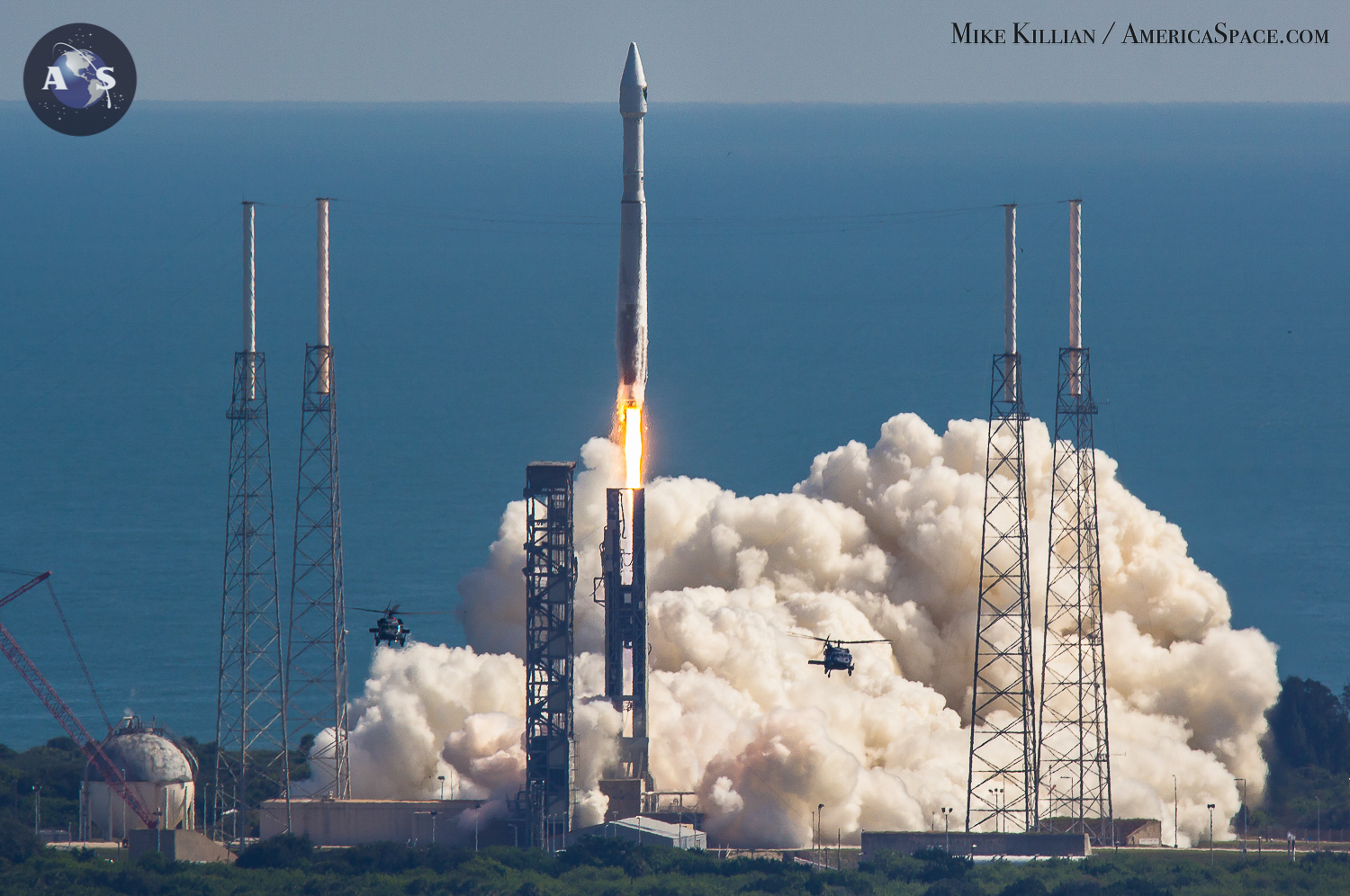
United Launch Alliance (ULA), the most experienced and reliable launch service provider in the United States, announced today they are kicking off a new program to answer America’s increasing need for universities to have access and availability to launch Cubesats more affordably. In order to do so, the company will give accredited U.S. colleges and universities opportunities to compete for free CubeSat rides on future Atlas-V and Vulcan rocket launches, and the University of Colorado Boulder (CU Boulder), where 10% of ULA’s current engineers graduated from, has been offered the first free Cubesat ride in 2017.
“ULA will offer universities the chance to compete for at least six CubeSat launch slots on two Atlas V missions, with a goal to eventually add university CubeSat slots to nearly every Atlas and Vulcan launch,” said Tory Bruno, ULA president and CEO. “There is a growing need for universities to have access and availability to launch their CubeSats and this program will transform the way these universities get to space by making space more affordable and accessible.”
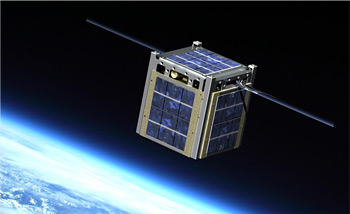
Bruno unveiled the company’s new, but still un-named, program at a news conference in Denver, Colorado this morning.
ULA has flown many Cubesats and similar rideshare payloads, or secondary payloads, on various launches already, including a privately funded and developed prototype Lightsail solar-sail from The Planetary Society, NASA’s METIS project and several NAVY Cubesats, all of which launched earlier this year on the Atlas-V AFSPC-5 mission for the U.S. Air Force.
The company currently has five rideshare missions manifested to fly on upcoming launches, and hopes the new university Cubesats program will, “further revolutionize lift for Cubesats with potential for 100 rides per year.”
“This is exactly the kind of collaborative innovation that we celebrate in Colorado,” said Lt. Gov. Joseph Garcia. “Here, we have a Colorado company giving Colorado students at a Colorado university an unbelievable opportunity to send a satellite into space. What a great day for our state.”
“CubeSats are already a cool way for universities and small groups to do an actual space mission on the cheap,” said Jason Davis, an embedded reporter with The Planetary Society, in an interview with AmericaSpace earlier this year. “The educational and real-world experience value of flying a CubeSat can’t be overstated—in many cases, these are scaled down versions of full-fledged NASA missions. In 20 years, we’d be thrilled to see a fleet of low-cost solar sailing CubeSats leave Earth orbit for the Moon, Lagrangian points, or Mars.”
Interested universities should email ULACubeSats@ulalaunch.com by Dec. 18, 2015 to notify ULA they are interested in participating. In early 2016, ULA will release a request for proposal (RFP) for the first competitive CubeSat launch slots. The selected universities will be announced in August 2016.
In addition, ULA is offering the nation’s universities the chance to help name the new CubeSat program. Universities, educators and students can submit names for consideration to ULACubeSats@ulalaunch.com using a campus-issued email address. Submissions are due by Dec.18, 2015. The winning name will be announced early next year, and the institution will receive a free CubeSat launch slot on a future mission.
“Since its inception, ULA has been committed to science, technology, engineering and math (STEM) education initiatives and programs such as this help to motivate, educate and develop our next generation of rocket scientists and space entrepreneurs,” said Bruno. “We are making the announcement today with University of Colorado President Bruce Benson and University of Colorado Boulder Chancellor Philip DiStefano, key partners in STEM education, and are pleased to offer the university the first free CubeSat launch slot in 2017.”
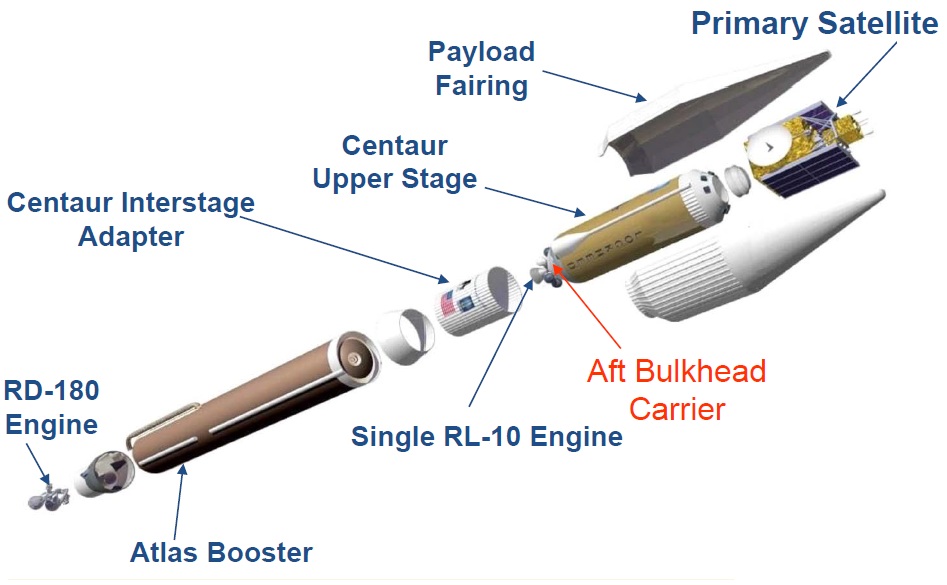
“CU-Boulder students have been building and operating small satellites for 20 years, including the Colorado Student Space Weather CubeSat launched on a ULA Atlas rocket in 2012,” added DiStefano. “The ability to provide science and engineering students with the opportunity to fly the satellites they build is an invaluable motivational and educational tool. We are thrilled to partner with ULA, a visionary organization that is helping to facilitate a nationwide STEM effort.”
ULA says they will facilitate compliance for university Cubesat payloads, such as ensuring they comply with orbital debris mitigation guidelines, and notes that payloads will fly in the same Centaur Aft Bulkhead Carrier (ABC) that similar rideshare payloads already use currently on the Atlas-V.
“When working with the rideshare community, primary payload mission managers expect the small satellite programs to meet high standards for requirements, management, and closeout during integration on their mission,” says ULA in their ABC Requirements for the Small Satellite Designer. “Successful integration of small satellites onto the ABC takes place following a disciplined approach to meeting and verifying mission requirements. It is vital that the community comprehend what these requirements are and follow an established process to meet them. Failed integration efforts cost time, money, and customer good will.”
SpaceX, ULA’s primary competitor in the business of launch services, is also doing work with programs for universities and students across the country, details of which we will report on in an upcoming report (a company spokesperson was not available to provide specific details this afternoon).
“Starting a year and a half from now, nearly every Atlas V will have a standard Cubesat carrier with free slots available,” said Bruno. “We are going to put capability for 24 Cubesat rides on nearly all Atlas rockets.”
VIDEO: ULA Innovation, Taking Cubesats to the Next Level
Be sure to “Like” AmericaSpace on Facebook and follow us on Twitter: @AmericaSpace
.
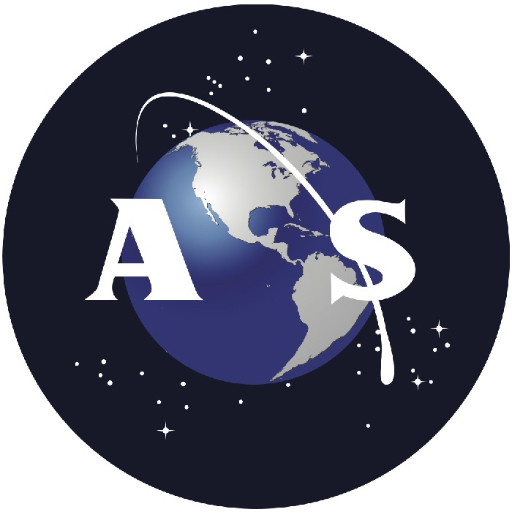
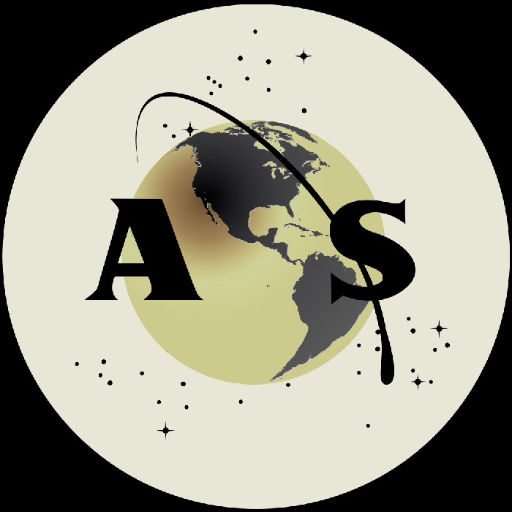
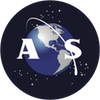
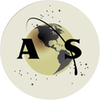
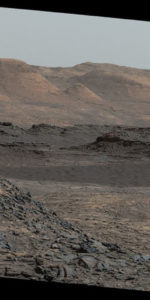
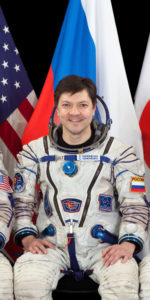
“24 Cubesat rides on nearly all Atlas rockets.” Wow! That sounds like lots of great opportunities for aspiring university Cubesat builders.
Thanks for the inspiring article Mike Killian!